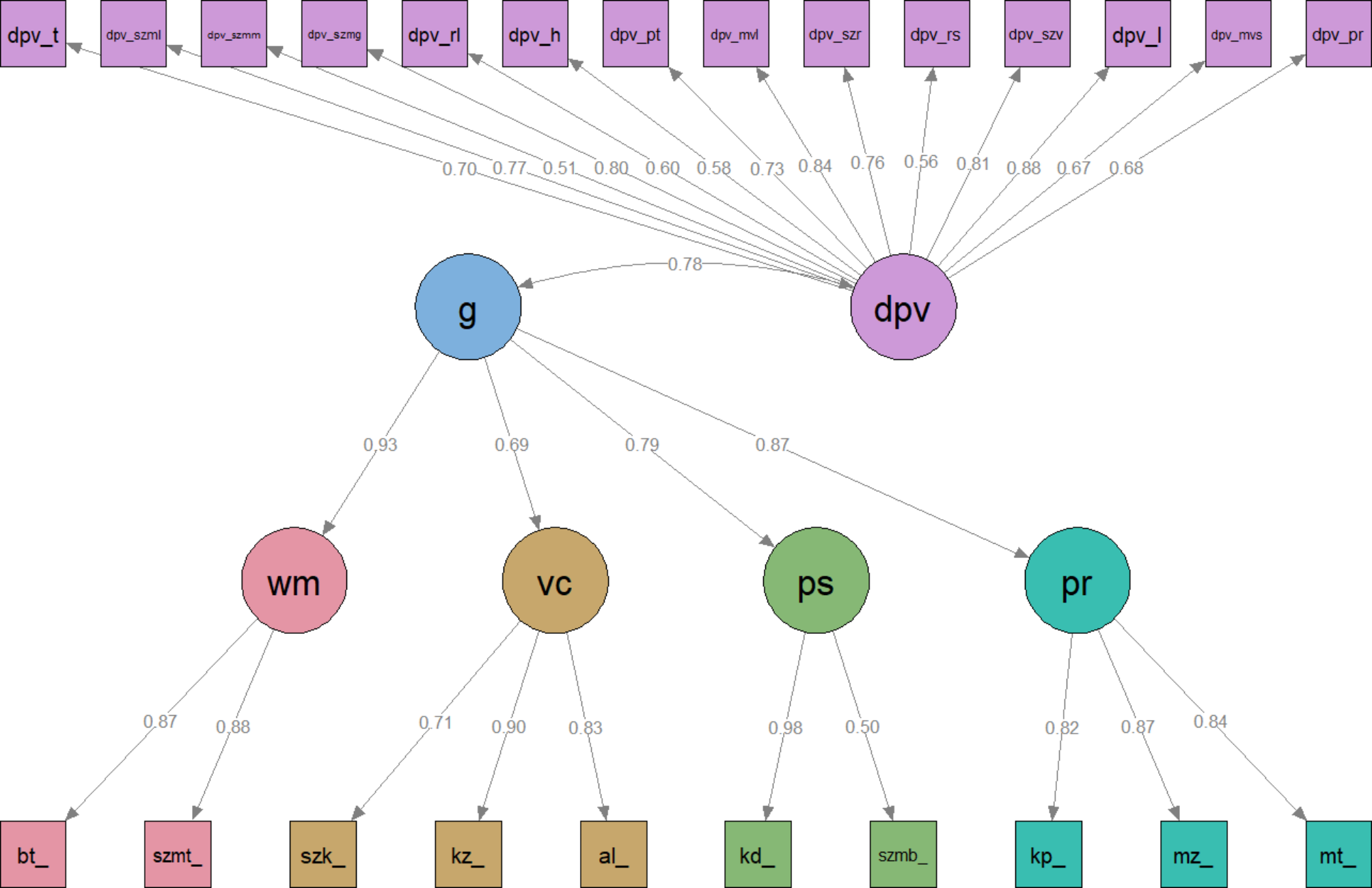New Research Finds Null Effect of Racialized Names on Outcomes Within Families, Challenges Publication Bias Narratives

Crémieux, the online persona of researcher Jordan Lasker, recently asserted that observed disparities in certain outcomes are not attributable to publication bias, either in aggregate data or when results are disaggregated by race. This statement, shared on social media, references new research that he argues provides a more robust understanding of the factors contributing to these differences. Lasker, known for his writings on intelligence, race, and critiques of affirmative action, frequently engages with social science literature to challenge conventional explanations for group disparities.
The claim stems from an analysis of a large-scale study examining the impact of "Black names" on academic and career outcomes, including test scores, college enrollment, and degree attainment. This research, highlighted by Crémieux, employs a within-family sibling comparison methodology to control for confounding variables. The study's design aims to overcome limitations of previous audit studies and address concerns about methodological integrity, including potential p-hacking.
While cross-sectional data might suggest a negative correlation between having a "Black name" and certain outcomes, the sibling analysis revealed a "precisely-estimated null effect." Crémieux explained that "Individuals with Black names do not have lower SAT or PSAT scores than people with less Black names. In fact, they’re not even less likely to go to or complete college," indicating the name itself does not impair individual achievement.
Instead, Crémieux posits that observed differences in cross-sectional data are likely due to selection effects, where parents who choose more "Black names" may provide different environments or transmit different genetic predispositions. This perspective challenges the interpretation of audit studies as solely demonstrating taste-based discrimination, suggesting that employers might be engaging in statistical discrimination based on perceived qualifications rather than explicit bias against the name itself. He noted that "a good study beats a publication bias-infected literature," reinforcing his argument.
Jordan Lasker, writing as Crémieux, has garnered attention for his controversial views and analyses, often being described as an "academic who opposes affirmative action and writes often about I.Q. and race," and by some, a "promoter of race science." His work consistently advocates for rigorous empirical methods to understand complex social phenomena. The findings he promotes contribute to ongoing debates about the causes of racial disparities and the efficacy of various interventions.